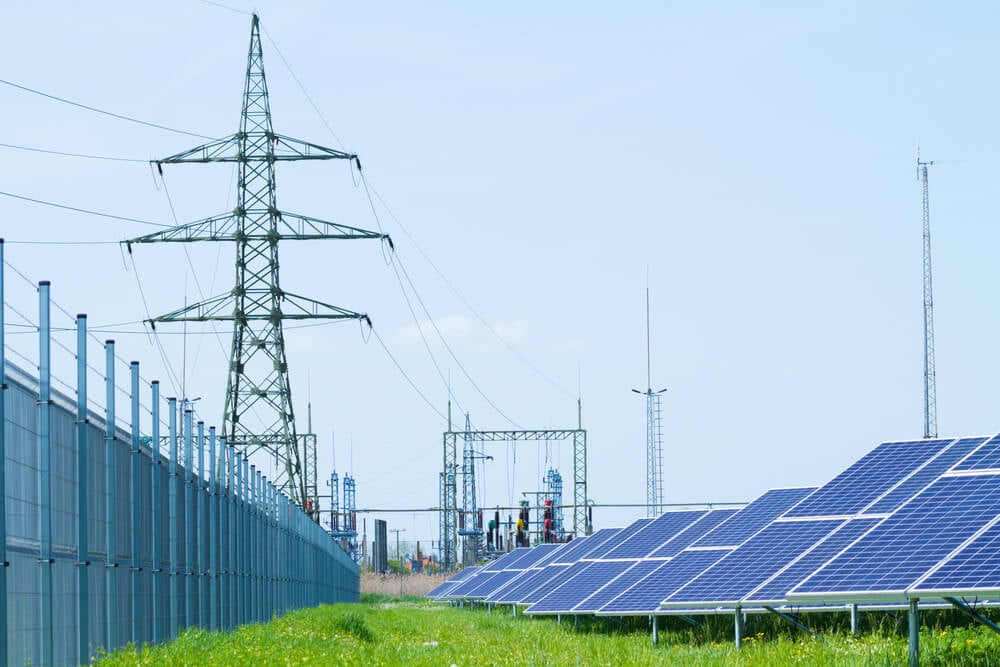For some countries, 2024 is a year of growth, for others, it is about rehabilitation, and for some, it is turning out to be a "lost year". The experience of combating inflation with high interest rates has generally been unsuccessful, yet the high interest environment has put growth rates at risk.
Thus, 2024 has generated some risks for the upcoming year. In addition to hot conflicts, the risk of a digital pandemic, and sudden market crashes like we experienced on August 5, 2024, risks such as energy and food crises have also compounded the situation.
In summary, as we move towards 2025, we are witnessing increasingly complex global economic dynamics. While 2024 brought many uncertainties and transitional periods, 2025 is emerging as a year when these dynamics will mature, and economic actors will develop new strategies. Therefore, I have compiled some key expectations and evaluations for 2025:
Economic Growth: Seeking Balance
2025 will be a year in which the global economy strives to find a solid growth path following the pandemic. Despite signs of slowdown in developed economies, growth is expected to regain momentum in emerging markets.
The Asia-Pacific region, in particular, presents significant growth potential with the restructuring of supply chains.
Ensuring the sustainability of growth necessitates strengthening domestic market dynamics and improving foreign trade relations
However, ensuring the sustainability of growth necessitates strengthening domestic market dynamics and improving foreign trade relations. This is not easy.
For example, the BRICS+ countries account for about 25% of global trade. On the other hand, the size of trade among themselves constitutes only 3.7% of global trade.
This example alone illustrates that the growth rates of developing countries also depend on demand in developed countries. The trade among increasingly block-structured country groups does not yet guarantee the security of growth.
Inflation and Interest Rates: Transformation Process
While inflation led central banks to adopt tightening policies in 2023, a different picture is expected to emerge by 2025. Central banks may adopt more instinctive and flexible policies to control inflation. But let’s not confuse "instinctive" with "trial and error". Instinct is based on experience while trial and error stems from irresponsibility.
Rising energy prices and food crises will continue to exert pressure on inflation
Let’s return to the subject, rising energy prices and food crises will continue to exert pressure on inflation. During this process, how interest rates take shape will directly influence investor and consumer decisions.
However, so far, the slowdown in inflation has not stemmed from reduced consumption or high-interest rates, but rather from positive changes in energy prices and expectations.
In summary, if interest rates are kept high, growth will be at risk. If they drop rapidly, effective demand will push the inflation upward. A troubling situation.
Digital Economy and Innovation: New Norms
As digitalization permeates every facet of our lives, its economic impacts will become all the more evident by 2025.
Companies will center their activities around increasing efficiency through data analytics and artificial intelligence methods. Innovations in this area will create opportunities for new business models and especially for SMEs to keep pace with digital transformation.
The advancement of artificial intelligence will accelerate competition between countries and companies regarding the supply of necessary energy and CPU production
Of course, the advancement of artificial intelligence will accelerate competition between countries and companies regarding the supply of necessary energy and CPU production.
Naturally, this will further elevate the importance of cybersecurity, prioritizing investments in this area. I am following Professor Kevin Curran from Ulster University on this subject, and I have had the pleasure of attending conferences with him in several locations around the world.
Sustainability and Green Economy: The Future Paradigm
2025 will continue to be an important focal point for sustainable development. The fight against climate change will not only be a trend but will be central to economic strategies.
 The fight against climate change will not only be a trend but will be central to economic strategies
The fight against climate change will not only be a trend but will be central to economic strategies
As countries implement policies to reduce carbon emissions, green investment funds and sustainable financing instruments will gain more attention.
Companies' social responsibility understandings will become a critical assessment criterion for investors. The EU has already announced that it will implement a "carbon border tax" starting January 1, 2026. Particularly for countries selling goods to the EU, I can say that 2025 will be spent preparing for this issue.
Geopolitical Tensions: A Risk Factor
The year 2025 will be a period in which we will feel the economic impacts of the complex structure of international relations more acutely.
The US-China tension, the Russia-Ukraine war, and the uncertainties in the Middle East will continue to pressure global trade. These geopolitical risks seem likely to reshape supply chains.
Consequently, this may prompt countries to reassess their long-term economic models and strategies. I’m not referring to three-year plans; I’m talking about longer-term strategies.
Conclusion: Dynamics Shaping the Future
The year 2025 holds both challenges and opportunities for the global economy. The ability of economic actors to cope with uncertainties and their capacity for innovation will be decisive in this process. What does this mean?
Let me clarify immediately: I’m talking about developing original strategies and enhancing adaptability and flexibility to become a part of and benefit from global economic dynamics.
 It is advantageous to view 2025 as not only a target for macroeconomic objectives but also as a turning point where the global economy will be reshaped
It is advantageous to view 2025 as not only a target for macroeconomic objectives but also as a turning point where the global economy will be reshaped
Therefore, it is advantageous to view 2025 as not only a target for macroeconomic objectives but also as a turning point where the global economy will be reshaped.
Finally, the "shaping the future" strategy to be initiated from 2025 is not something that politics can accomplish alone. The decline in the quality of politics on a global scale, coupled with the distraction of current issues, has caused firms to position themselves independently and shaped competition against the interest of humanity.
If companies do not use their power for good and governments expect obedience instead of responsibility, I believe humanity will miss the future train, and technology will intertwine with civilization in problematic ways.